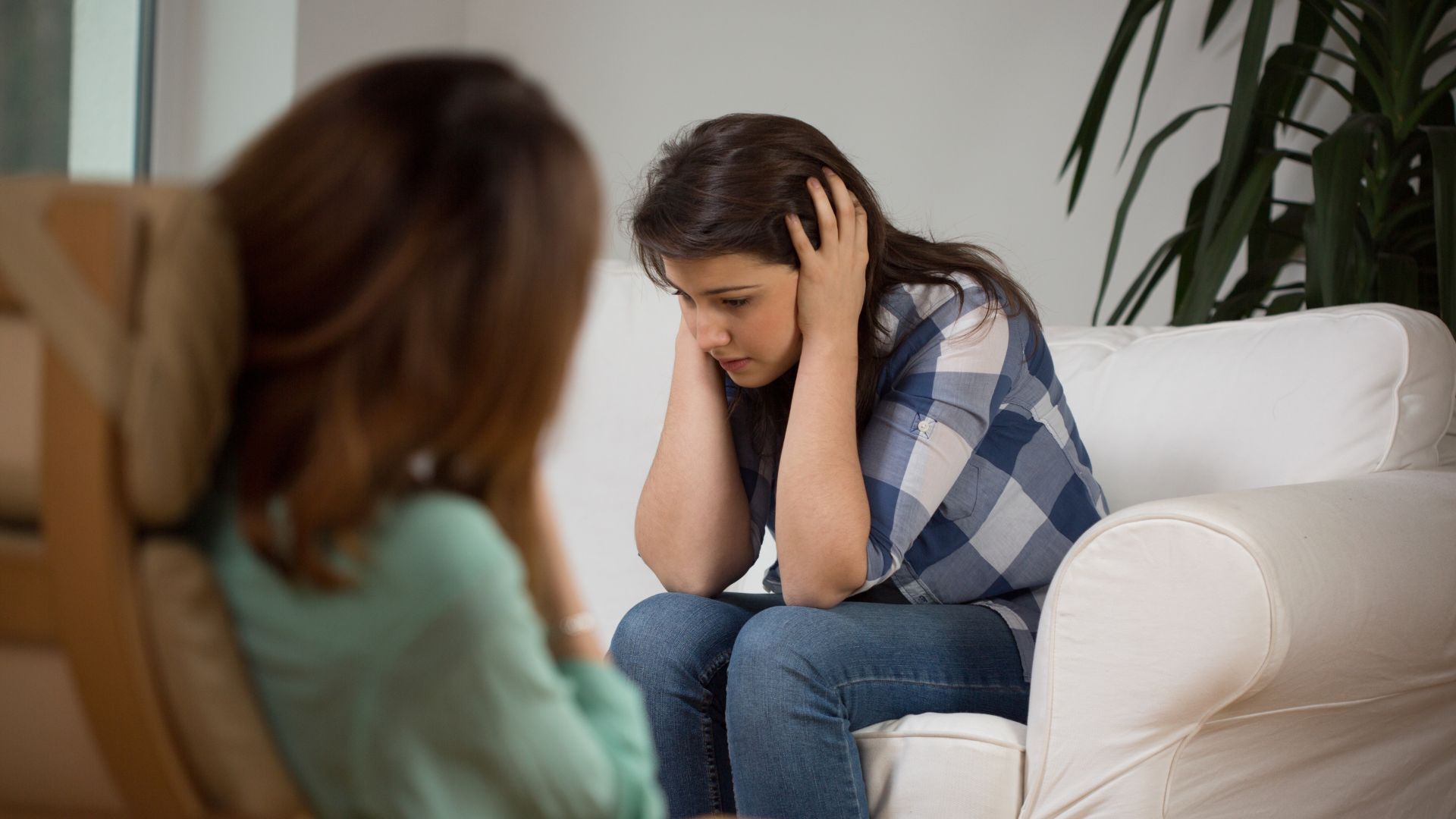Traveling, for many, is a thrilling adventure, an opportunity to explore new horizons. But let’s face it; it’s not always sunshine and rainbows. Anxiety can sneak up, turning what should be an exciting journey into a stress-filled ordeal. This article aims to shed light on travel anxiety and provide practical tips to manage it effectively.
Whether it’s the fear of flying, concern about getting lost, or simply the overwhelming nature of planning a trip, travel anxiety is a real issue that affects many individuals. But don’t let it hold you back from exploring the world. Armed with the right strategies, you can transform your travel experiences and reclaim the joy of the journey. Stay tuned as we delve into the world of travel anxiety and reveal tips to keep those butterflies at bay.
Travel anxiety, a common problem faced by many, can act as a significant roadblock in the path of exploration. Categorized by feelings of worry and unease, it’s a multi-faceted issue with a complex range of triggers. Let’s delve deeper to uncover the causes and impacts of this travel-related affliction.
Travel Anxiety Tips
While several elements can trigger travel anxiety, three dominant causes have been identified by experts. Firstly, the fear of the unknown, including a new place, language, or culture, can trigger nervousness. For instance, anxiety may spike when one travels to a country where the mother tongue is different from theirs. Secondly, certain phobic tendencies, such as fear of flying or claustrophobia, often escalate while traveling. Lastly, the stress of planning a trip, from booking accommodations to managing budgets, also contributes to travel anxiety.
The Impact on Travel Experiences
The grip that travel anxiety can exert on individuals impacts their travel experiences negatively. A mind clouded with worry finds it hard to enjoy the joys of exploring new locations, landscapes, and local cuisines. For example, someone might avoid visiting the Eiffel Tower due to their fear of heights, thereby missing out on an iconic Parisian experience. Furthermore, it also leads to physical symptoms like insomnia and exhaustion, which can further tarnish the travel experience. Overall, travel anxiety, if left unaddressed, can rob individuals of the fun and relaxation that a journey could otherwise provide.
Recognizing Symptoms of Travel Anxiety
An integral part of addressing travel anxiety involves identifying its symptoms early. There’s a wide range of physical and emotional symptoms one can exhibit, dependent on the individual’s frame of mind and the extent of his or her anxiety level. It’s vital to pay attention to these signs because recognizing symptoms early can provide an advantage in managing and overcoming travel anxiety.
Physical Symptoms
Some physical symptoms are easily identifiable because they cause discomfort or unease, creating a direct link between their presence and travel anxiety. Included among these symptoms are recurrent headaches or migraines that arise during travel planning stages or when the journey commences. Digestive issues, such as nausea, constipation, or diarrhea might also pop up unexpectedly. Other symptoms can include sweaty palms, a fast heartbeat, and sleep disruptions like insomnia. These symptoms corroborate the fact that travel anxiety’s effect is not merely mental, but significantly physical.
Emotional and Behavioral Symptoms
Apart from physical manifestations, travel anxiety also seeps into an individual’s emotional wellbeing and behavior. Emotional signs, such as constant worrying, restlessness, and feelings of dread or apprehension toward upcoming trips indicate the presence of travel anxiety. Behavioral symptoms might encompass avoidance behaviors such as delaying or canceling travel plans and isolation from peers or activities related to travel. Observing these indications can promote a better understanding of one’s travel anxiety and enhance the effectiveness of coping strategies. Remember, each person experiences travel anxiety differently; hence the symptoms can vastly vary. Understanding your unique symptoms is the first step toward managing and eventually conquering your travel anxiety.
